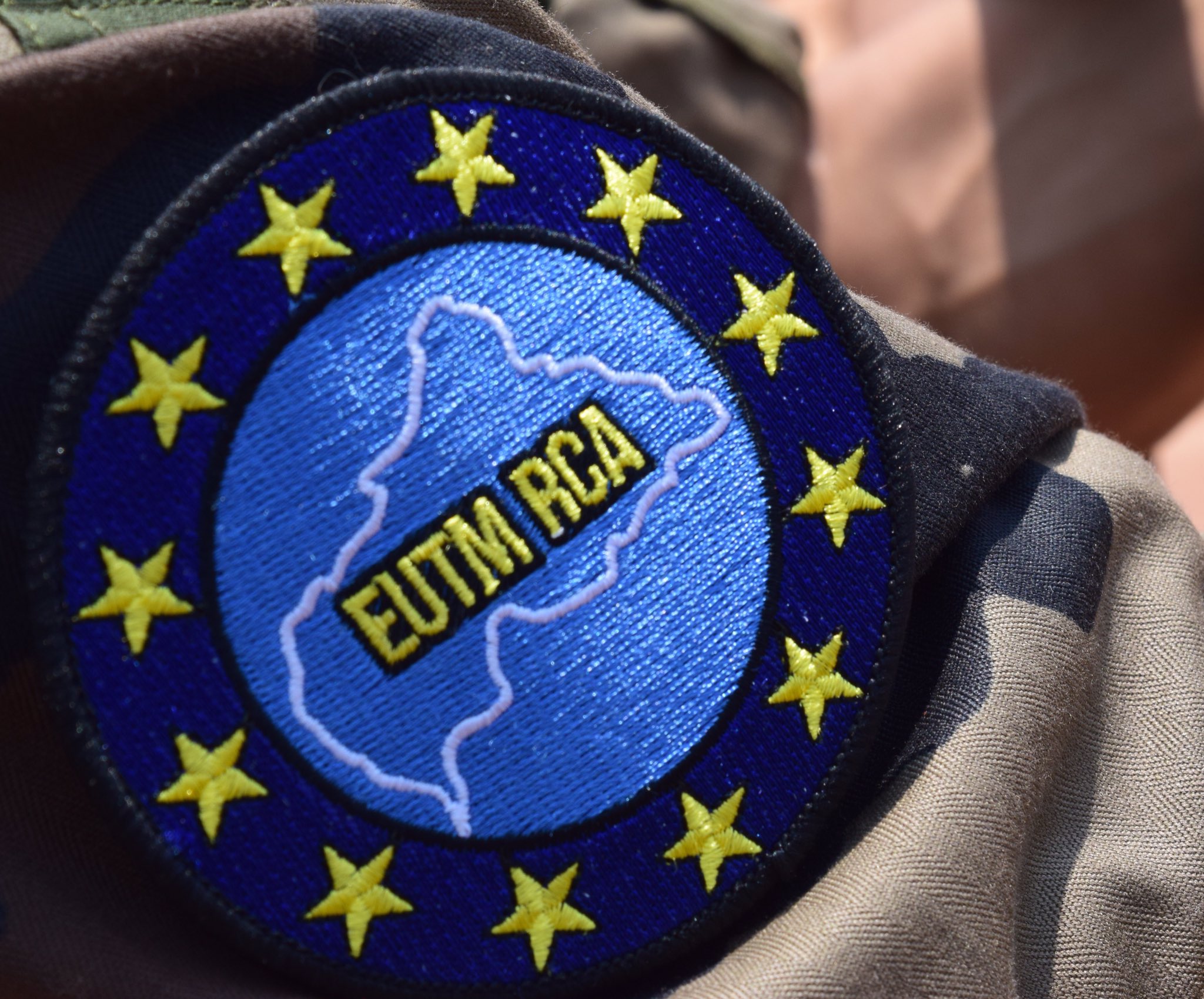Toulouse: an event that forces us to wonder about Afghanistan
(BRUXELLES2) I will not go back here to “how I would have done better” the negotiation or the attack. This kind of controversy is often the favorite sport of the various security forces (GIGN versus RAID, Gendarmerie versus Police, Civilians versus soldiers, etc.) who did not take part in the operation, especially when it ended with what it must be called a failure - with the death of man and especially of the main suspect. The genre is often the same: if they had let me do it, it wouldn't have happened. For having lived it directly, and sometimes observed (*), these comments often have only a weak value than that of the need to exist and, only rarely, a real explanatory scope. Because not all operational elements are taken into account or known. It's like replaying a match in the back of your chair!
What, on the other hand, deserves attention is the "supposed" course of the criminal. In the same way as for the attacks in London, we are not dealing here with an imported terrorism, coming to strike from the outside, with networks (like the series of attacks that France experienced in the 1980s , attributed to the GIA or to Lebanese groups under Iranian impetus) but to a local terrorism, homemade, that is to say a man living on the territory, apparently well integrated who, for one reason or another, has convinced to fight another fight, was indoctrinated and trained for it.
One could naively think that the massive intervention in Afghanistan, the first objective of which was to eradicate terrorism targeting Western countries, had achieved its objectives. It is not so. If the passage of Merah in an instruction center of Al Qaeda in Afghanistan and Pakistan is not confirmed as such, it could however during his stays be trained in certain techniques. One could then say that the fabric of terrorism that was targeted in 2001 is not yet dislocated. And that it will now be necessary to be more than attentive. Because Merah was not, in fact, "trained" in the 1990s or in the early 2000s but in the 2010s, when the military operation in Afghanistan was normally at the height of its strategy.
This obliges, in my opinion, more than ever to ask the question of what we are doing in Afghanistan, for what objective, with what means? It is not just a question of saying that we are withdrawing from Afghanistan, but what we do there afterwards. Not how we are going to stabilize the country or bring it to more modern methods of governance. But how are we going to ensure that the risk of terrorist export that it always seems to harbor is going to be countered. What seems certain in any case is that the international security force (ISAF) did not quite succeed in this aspect of its mission.
(*) We had the same kind of comments after the intervention on the Tanit of the marine commandos subjected to equally violent criticism from the GIGN. The gendarmes lived badly - according to my colleague from Top secret - to be removed from their task of presidential escort on a sidewalk of Fouquet, one evening.
“One could naively think that the massive intervention in Afghanistan, the primary objective of which was to eradicate terrorism targeting Western countries, had achieved its objectives. It is not so."
1) Bring down the Taliban: done.
2) We are still looking for the second part, and why everything has gone wrong since 2003-2005.
“While Merah's visit to an Al Qaeda training center in Afghanistan and Pakistan is not confirmed as such, he could have learned certain techniques during his stays. One could then say that the fabric of terrorism that was targeted in 2001 is not yet dislocated. And that it will now be necessary to be more than attentive. Because Merah was not, in fact, “trained” in the 1990s or in the early 2000s but in the 2010s, when the military operation in Afghanistan was normally at the height of its strategy”.
I didn't know ISAF troops had access to Waziristan.
Without being a strategy specialist, we know that if we push an adversary without closing the border, and that the adversary has on the other side of the border a place of reception and refuge, outside the control of his central State (Pakistan), which is moreover in an area that is difficult to access geographically, we are only pushing back the problem. It is therefore the whole question of the strategy of the ISAF (and of the US troops) that is posed.